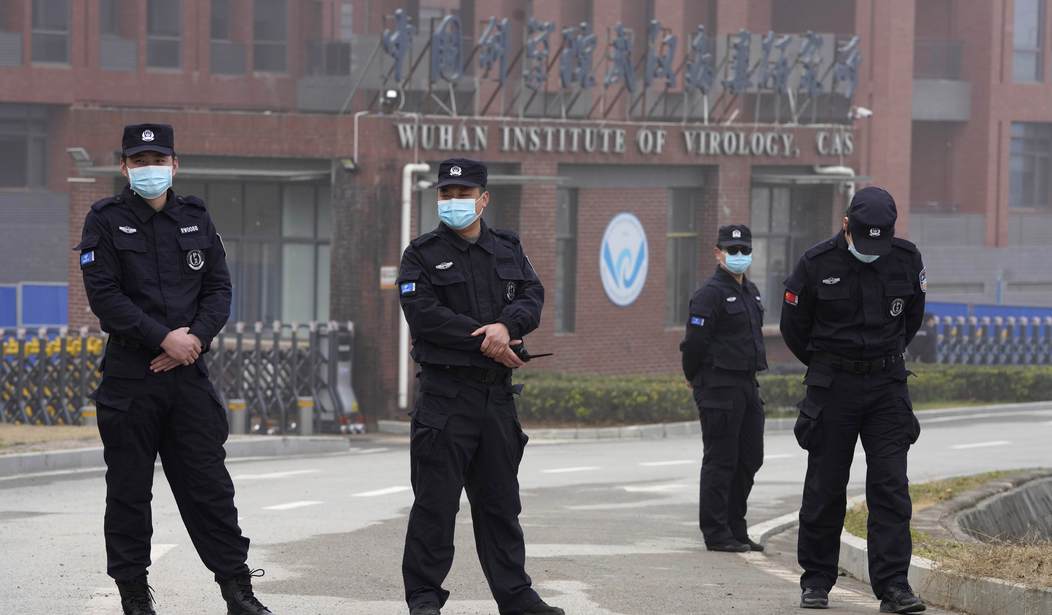Two new studies released on Saturday point to the Huanan Seafood Wholesale Market in Wuhan, China as the origin location of the SARS-CoV-2 coronavirus responsible for the worldwide pandemic that has killed nearly 6 million.
The studies appear to dismiss the possibility of the origination point for the virus at the Wuhan Institute of Virology where both civilian and military research was conducted.
The New York Times reports that the two reports total 150 pages — as if the number of pages is relevant to whether the study is true or false. But the real news is that neither of these studies has been peer-reviewed or published in a notable scientific journal.
When was the last time the New York Times or any media outlet of note published a non-peer-reviewed study before it appeared in a scientific journal?
Very curious.
“When you look at all of the evidence together, it’s an extraordinarily clear picture that the pandemic started at the Huanan market,” said Michael Worobey, an evolutionary biologist at the University of Arizona and a co-author of both studies.
The authors of the new study include researchers who previously published smallerreports that had pointed towards a similar conclusion, but based on much less detail.
Many of the first cases of Covid-19 clustered around the Huanan market. By the end of December 2019, hospitals in Wuhan had found dozens of cases of viral pneumonia.
Mr. Worobey sounds far more certain of his conclusions than any of the dozens of scientists and researchers who have been looking at this mystery for years — and that includes scientists on both sides of the debate.
If it’s “an extraordinarily clear picture,” why are you and your colleagues the only ones to see it?
Nature points out what’s missing.
Still, none of the studies contain definitive evidence about what type of animal might have harbored the virus before it spread to humans. Andersen speculates that the culprits could be raccoon dogs, a squat dog-like mammal used for food and for their fur in China. One of the studies he coauthored2 suggests that raccoon dogs were sold in a section of the market where several positive samples were collected. And reports4 show that the animals are capable of harboring other types of coronaviruses.
Some virologists say that the new evidence pointing to the Huanan market doesn’t rule out an alternative hypothesis. Namely, they say that the market could have just been the location of a massive amplifying event, in which an infected person spread the virus to many other people, rather than the place of the original spillover.
Funny…the New York Times never mentioned any of that.










Join the conversation as a VIP Member